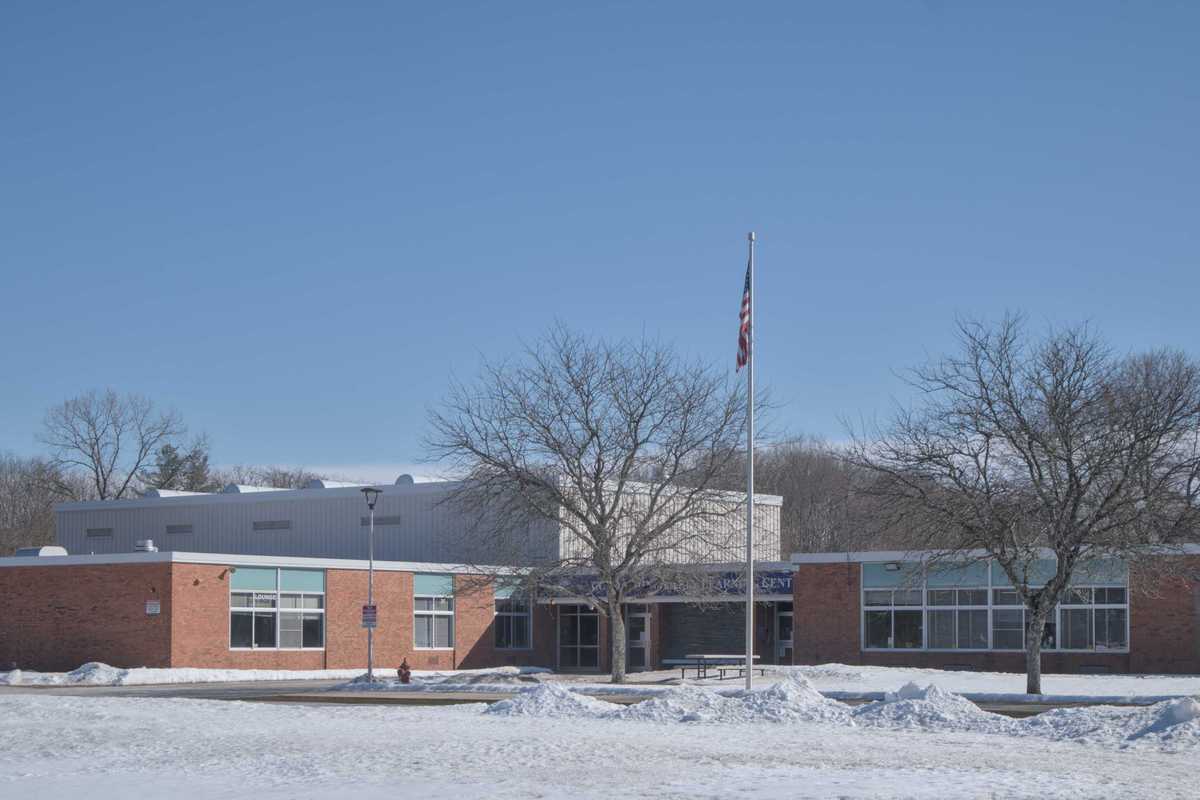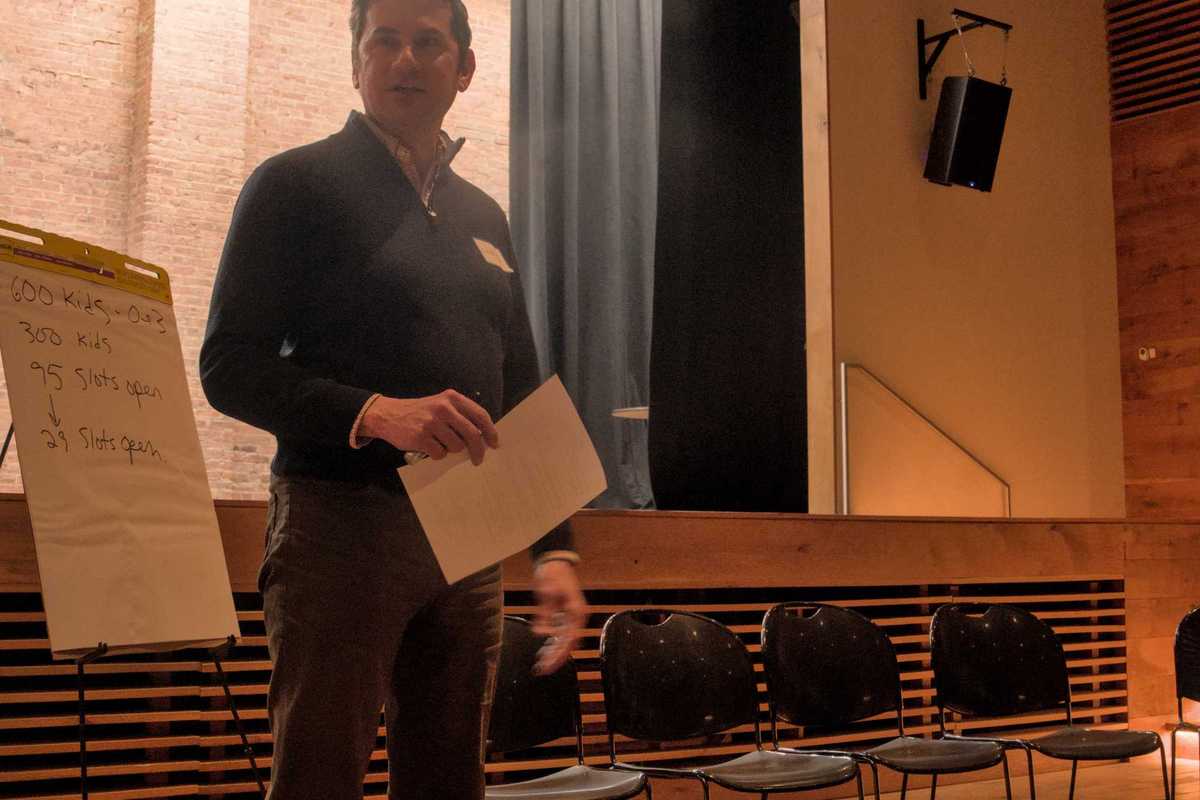As the smoke from Canadian wildfires clears (literally) here in the Northeast, the awareness of climate change has risen. For the insurance industry, that knowledge has already precipitated some worrying policy changes.
Last month, the news that two major insurers were no longer going to sell homeowner’s policies in California may have come as a surprise to some. But like me, I am sure that most readers simply dismissed the issue as a problem between a West Coast state’s regulations and the insurance industry.
In California, which some think as the home of liberal politicians and crazy ideas, regulators have capped the rates insurance companies can charge the public. On average, residents pay $1,300 per year in insurance rates, which has been artificially low for years when compared to other states. After years of losses, State Farm and Allstate insurance companies called it quits.
Last month, State Farm stated that “due to historic increases in construction costs outpacing inflation, rapidly growing catastrophe exposure, and a challenging reinsurance market,” it was done accepting new applications for property insurance from both homeowners and commercial property owners.
What to do? The easy answer would be for California to just remove the rate cap for insurance, the companies would relent, and the problem is solved. Sure, that works, if you are OK to see your insurance policy double, triple or maybe quadruple in the years to come as wildfires continue to rage. And it is not just about wildfires.
Take Florida’s issues for example. Hurricanes and flooding have devastated the state. As of right now, homes are still insurable in many areas, but at what cost?
In Florida, average annual rates are forecasted to rise 43% to almost $6,000 this year. Experts believe that the annual cost to insure your home in Florida could top $10,000 per year in a few years. In some areas, it is already that high. Despite those rates, two dozen Florida insurers are on the state government’s financial watchlist, as rates are still not keeping up with underwriting losses.
In many areas of Florida, the only recourse for homeowners’ insurance is the state-backed Citizens Property Insurance, which has become the largest insurer in the state with greater than 1.2 million customers. And like California, rate increases are restricted by regulators. Aside from the intensity and frequency of damage from climate change, home replacement costs have also gained by more than 50% since 2019 as wages and material costs have climbed.
As in other areas, reinsurance costs have also skyrocketed, especially in areas that have been impacted the most by climate change. Today, insurance costs are the highest and/or most difficult to procure in California, Florida, Texas, Colorado, Louisiana and New York, in that order.
Over half of the worst disasters (in dollar terms) in U.S. history have happened since 2010, according to the National Multifamily Council. Unfortunately, as time goes by, climate change in the form of drought, tornados, hurricanes, wildfires, snowstorms and floods will increase and impact all 50 states. And those are only the most common catastrophes we face today. The spread of life-threatening insects and disease, dust storms, rising water levels, and permanent damage to shrinking coastlines and waterways is yet to come.
Insurance costs, where available, are going to continue to rise, in my opinion. Many homeowners in more and more locales might find that they cannot obtain insurance. As climate risks rise, certain regions of the country could become uninsurable, at least by the private sector. Without insurance, the chances of obtaining a mortgage would be difficult at best. In the end, it would make living in certain areas cost-prohibitive for all but the very wealthy. That would spark migration away from coastlines and further inland. Many climatologists believe that is the best and only solution.
The alternative would be to establish some form of government insurance based on the California or Florida model. Homeowner insurance rates would need to be capped, but the taxpayer would ultimately be on the hook to cover losses. All that would manage to do is continue to escalate the cost of climate change, chase insurers out of the business, and allow (encourage) those who live in danger zones to continue to do so.
Bill Schmick is a founding partner of Onota Partners Inc. in the Berkshires. None of his commentary is or should be considered investment advice. Email him at bill@-schmicksretiredinvestor.com.
















 Local parents, child care providers and nonprofit representatives outline the challenges they face in accessing and providing childcare in rural northeast Dutchess County during a forum at the Stissing Center in Pine Plains on Wednesday, Feb. 25. Photo by Nathan Miller
Local parents, child care providers and nonprofit representatives outline the challenges they face in accessing and providing childcare in rural northeast Dutchess County during a forum at the Stissing Center in Pine Plains on Wednesday, Feb. 25. Photo by Nathan Miller 


 lakevillejournal.com
lakevillejournal.com 




 Visitors consider Norman Rockwell’s paintings on Civil Rights for Look Magazine, “New Kids in the Neighborhood” (1967) and “The Problem We All Live With” (1963.) L. Tomaino
Visitors consider Norman Rockwell’s paintings on Civil Rights for Look Magazine, “New Kids in the Neighborhood” (1967) and “The Problem We All Live With” (1963.) L. Tomaino





Will the insurance sector become another victim of climate change?